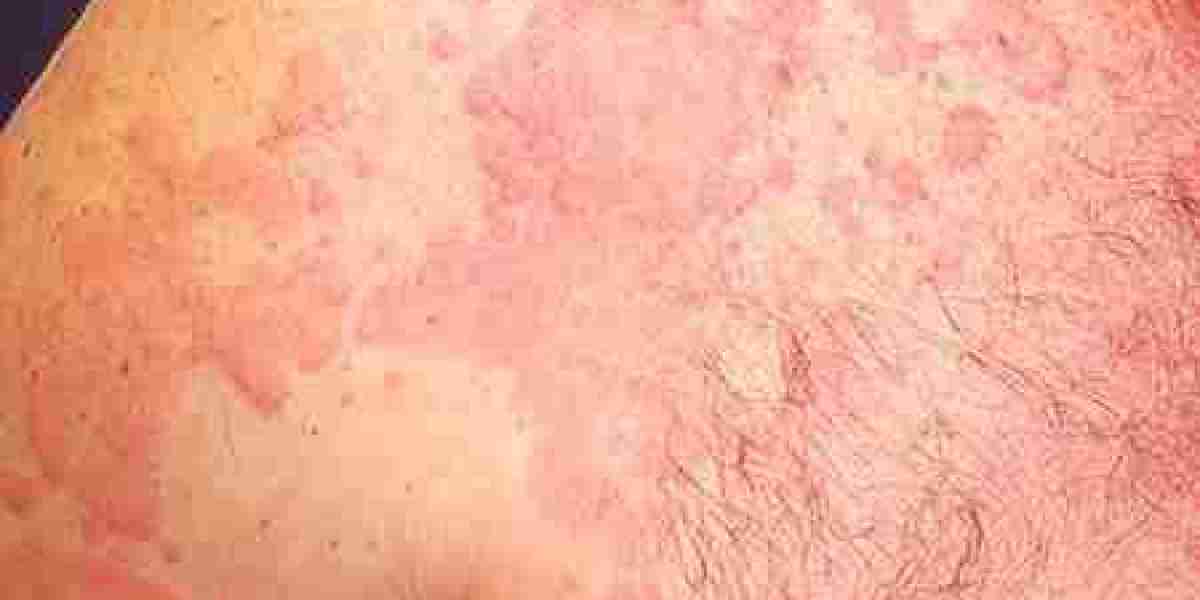Living with chronic hives can be physically uncomfortable and emotionally draining. The constant itching, swelling, and unpredictability of flare-ups can disrupt sleep, work, and social life. While mild cases may fade on their own, persistent urticaria requires professional care. This is where urticaria specialists step in to provide accurate diagnosis, advanced treatments, and personalized management strategies.
Understanding Urticaria
Urticaria, also known as hives, is a skin condition characterized by itchy, red welts. It is classified into two main categories:
Acute urticaria – Lasts less than six weeks and is often caused by food allergies, medications, or infections.
Chronic urticaria – Persists beyond six weeks and may have no clear cause.
Chronic hives often appear without warning, making them difficult to manage without expert guidance.
Who Are Urticaria Specialists?
Urticaria specialists are medical professionals with expertise in diagnosing and managing hives. They may be allergists, dermatologists, or immunologists. Their role extends beyond treating symptoms—they aim to uncover causes, reduce recurrence, and improve quality of life.
Why Choose Urticaria Specialists Over Self-Treatment?
Many people rely on over-the-counter antihistamines to treat hives, but chronic urticaria requires more comprehensive care. Consulting urticaria specialists ensures:
Proper diagnosis through allergy tests, blood work, and skin evaluations
Tailored treatment plans suited to your condition
Access to advanced therapies such as biologics for resistant cases
Long-term monitoring to track progress and adjust care
Prevention strategies that go beyond symptom control
Diagnostic Process by Specialists
The evaluation process typically includes:
Reviewing medical history and current medications
Allergy testing to detect food or environmental triggers
Blood tests to identify underlying autoimmune conditions
Assessing lifestyle factors such as diet and stress levels
This thorough approach helps specialists create more effective treatment strategies.
Treatment Approaches
Urticaria specialists recommend a range of treatments depending on severity:
Antihistamines – First-line treatment for reducing itching and swelling
Corticosteroids – For short-term use during severe flare-ups
Biologic therapies – For patients with resistant chronic hives
Lifestyle modifications – Avoiding triggers, reducing stress, and improving sleep habits
Patient education – Helping individuals manage flare-ups at home effectively
When to See Urticaria Specialists
You should consult a specialist if:
Hives last more than six weeks
Symptoms interfere with your daily routine
Flare-ups worsen despite over-the-counter treatment
Swelling occurs on your lips, tongue, or throat (requires urgent medical care)
The Future of Urticaria Treatment
Ongoing research is paving the way for innovative treatments. Urticaria specialists are adopting biologics, precision medicine, and digital monitoring tools to provide highly personalized care. These advancements are expected to make chronic urticaria management more effective and less stressful for patients.
FAQs About Urticaria Specialists
Can urticaria go away on its own?
Acute urticaria often resolves naturally, but chronic cases usually need medical guidance.
How do specialists find the cause of hives?
They use allergy testing, blood work, and detailed medical evaluations to detect triggers.
Are treatments safe for long-term use?
Yes. Specialists choose therapies designed for safe and effective long-term management.
Do children need urticaria specialists too?
Yes. Specialists provide child-friendly treatment options tailored to age and health needs.
Conclusion
Urticaria may seem like a simple skin condition, but for those with chronic hives, it can disrupt nearly every aspect of life. Consulting urticaria specialists ensures access to accurate diagnosis, advanced treatments, and preventive strategies that make a real difference. With their guidance, patients can manage symptoms more effectively, reduce flare-ups, and improve overall quality of life.







